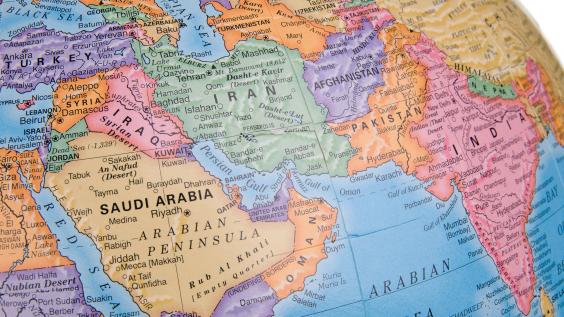The Political Economy of Arab Gulf States

Table of Contents
Author(s)
To access the full paper, download the PDF on the left-hand sidebar.
Introduction
This paper assesses the multifaceted reasons behind the Arab Gulf states’ uneven record of integration into the global economy. It begins by documenting how the ties binding the Gulf states into the global economy are both deep-rooted and long predate the discovery and extraction of oil in the 20th century. Rather, the opening section highlights the historical interconnectivity of the transnational flows that tied the region into a broader economic hinterland spanning the Indian Oceanic world. Nevertheless, these processes were patchy and subject to partial reversal during the early oil years. Thus, the second section examines the entrenched dynamics that also served to limit the Gulf states’ relationship with the international system, both politically and economically. Such dynamics included the conservative leanings of many of the “post-traditional” governing systems in the Arabian Gulf and the Gulf states’ enmeshment in Western political and military spheres of influence during this period of prolonged British protection and following the passage to independence.
In the second half of the paper, the focus shifts to the role of energy in framing the function of the Gulf in global economic structures and international trade and investment flows. Beginning in the 1940s, oil exports integrated the Gulf states firmly into the international economic system as Gulf oil became a motor of Western economic growth in the post-World War II era. Securing stable access to regional supplies and the Western guarantees of protection that underpinned this flow of oil to global markets became the pillars that structured the international relations of the Gulf after 1945. Oil from the Gulf, particularly Kuwait, supplied 51 percent of British requirements in 1971, while Saudi Arabia and the United States enjoyed a similarly symbiotic relationship. The paper ends by describing how the Gulf states were only partially impacted by the broader acceleration of economic globalization in the 1970s and 1980s and by the rapid spread of global interconnections in the 1990s.
This material may be quoted or reproduced without prior permission, provided appropriate credit is given to the author and Rice University’s Baker Institute for Public Policy. The views expressed herein are those of the individual author(s), and do not necessarily represent the views of Rice University’s Baker Institute for Public Policy.



